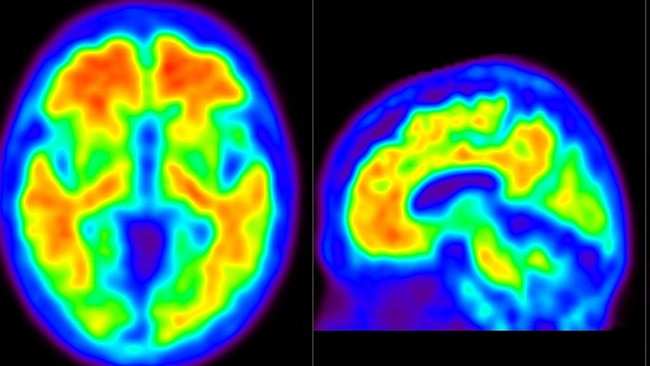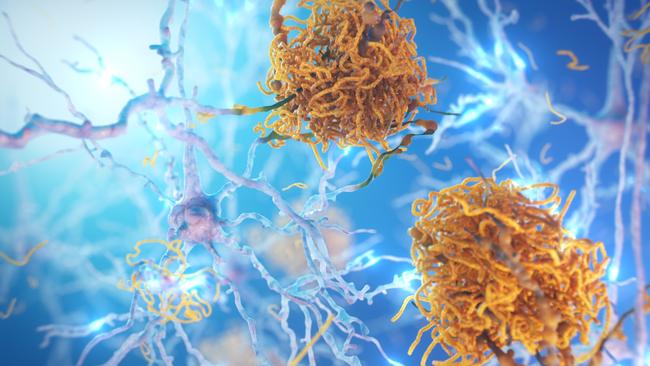TGA approves Eli Lilly drug Kisunla in boost for dementia patients
A breakthrough drug expected to give back years to hundreds of thousands of Australians suffering through a debilitating disease has been approved.
Breaking News
Don't miss out on the headlines from Breaking News. Followed categories will be added to My News.
The Therapeutic Goods Administration has approved a new drug tipped to revolutionise the treatment of hundreds of thousands of Australians suffering through early-stage Alzheimer’s disease.
The breakthrough therapy called Kisunla, also known as donanemab, is designed to slow cognitive decline in patients by clearing amyloid plaques from the brain.
Frank Freschi, 77, from Melbourne, took the treatment as part of a clinical trial and said he hoped the drug could give him more time to enjoy with his grandchildren.
“I used to be able to remember lots of things, now I can remember what I did 40 years ago but not what I did 40 hours ago,” he said.
“Accessing an amyloid targeting therapy has meant holding onto the hope that I’m a little bit in control of my life, of what’s happening to me.
“I’m also hoping that one day I will have helped medical science to produce a drug that will work for many people.
“And, selfishly, that I too may be able to get some more time out of it to enjoy with my family and my six grandkids.”
The TGA approved the drug, produced by US pharmaceutical behemoth Eli Lilly, on Wednesday, marking the first new treatment for early Alzheimer’s disease in 25 years.

Alzheimer’s is a fatal neurodegenerative disease and the most common cause of dementia, which impacts about 600,000 Australians directly and a further 1.7 million carers.
The economic impact of dementia from Alzheimer’s was calculated at $8.1bn in 2024, with the figure expected to double by 2050.
The excessive build-up of amyloid plaques in the brain disrupts the brain’s neurons and prevents messages from travelling normally, leading to memory and thinking issues.
Professor Peter Gonski, a Sydney-based geriatrician and Alzheimer’s specialist, told NewsWire the treatment could potentially give two years back to patients.
“For those starting to deteriorate, it will give them an extra couple of years in benefit in those that do well on it,” he said.
“You’re getting a better start in your dementia history.”
Professor Gonski stressed, however, the treatment could slow decline but would not cure the disease.
“When it gets to moderate or severe, it’s not going to make a lot of difference, except that you have had that extra time when you were better,” he said.
Patients receive an intravenous injection of the drug once every four weeks.

Dementia Australia chief executive Tanya Buchanan said the TGA’s approval marked a “step forward” in dementia treatment, but the treatment would only impact a select profile of patients.
“With dementia the second leading cause of death of Australians and the leading cause of death of Australian women, we welcome any steps taken towards improving the lives of people living with dementia, their families and carers,” Professor Buchanan said.
“It is important to note that donanemab does come with possible side effects that needs to be carefully communicated to patients so they can make an informed choice and the treatment needs to be monitored by health professionals.
“We also need to ensure people understand that donanemab is not a cure and is only suitable for people in the early stages of Alzheimer’s disease with a defined genetic profile, which is why it is so important for people to receive a timely diagnosis.”
Eli Lilly, a $1 trillion company listed on the New York Stock Exchange, will apply for donanemab to be included on the Pharmaceutical Benefits Scheme, with an advisory committee hearing expected in July.
The private prescription price is about $4700 for each injection.
Originally published as TGA approves Eli Lilly drug Kisunla in boost for dementia patients



